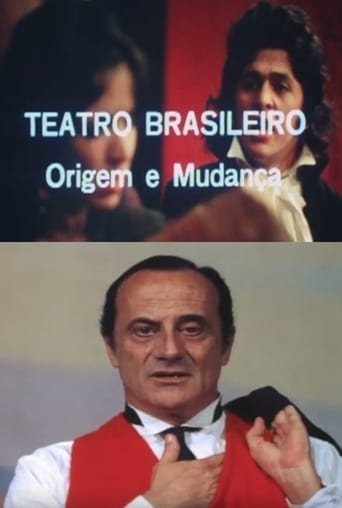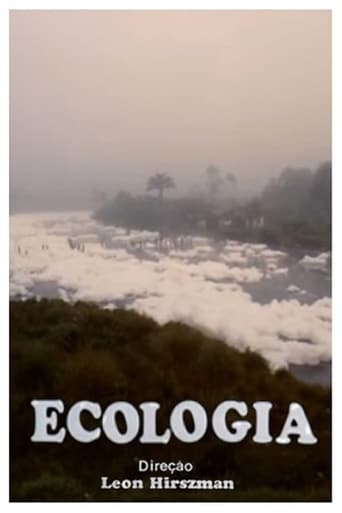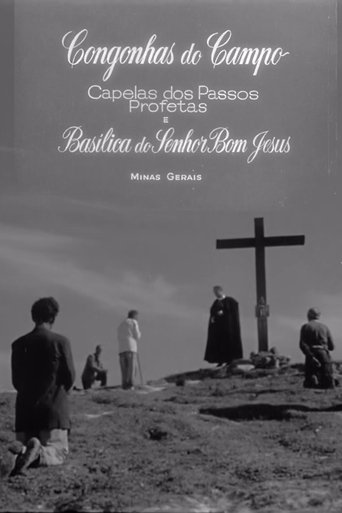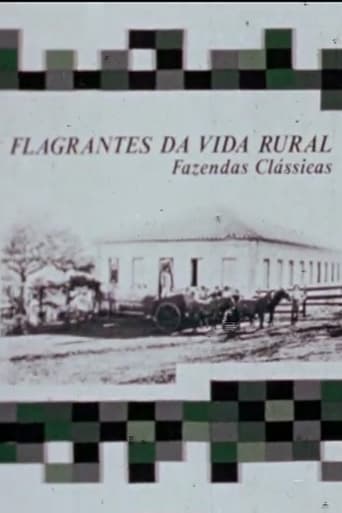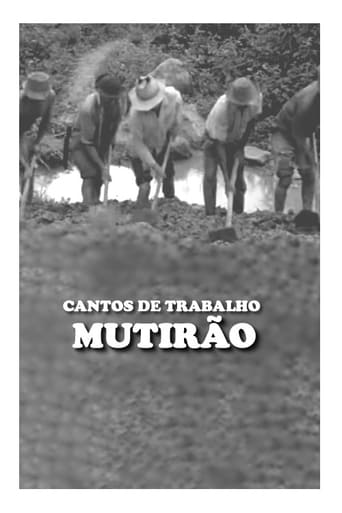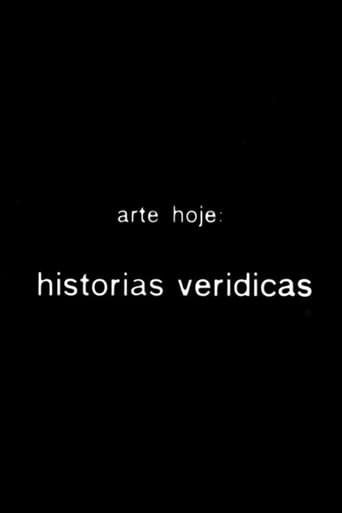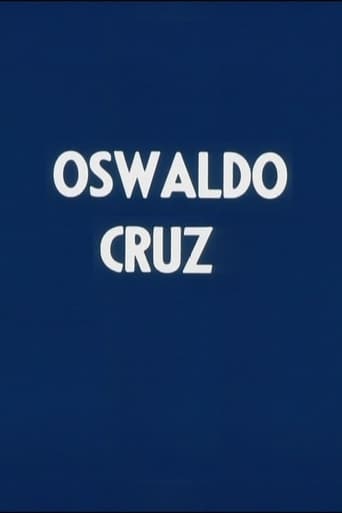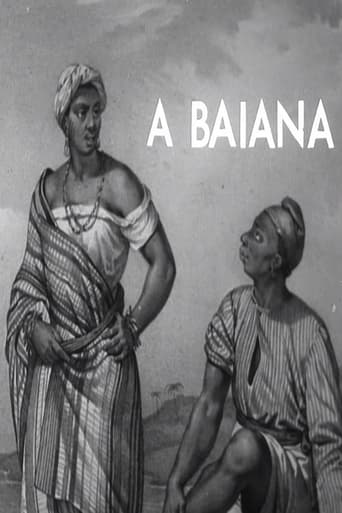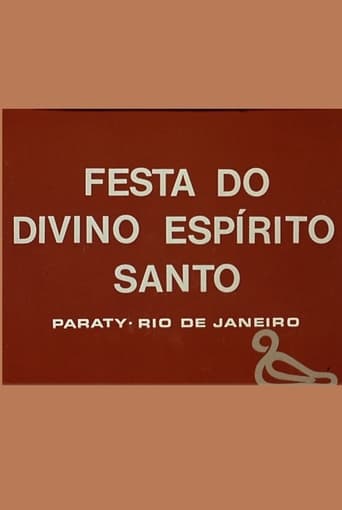MEC - Ministério da Educação e Cultura
Os Brasileiros e a Conquista do Ar 1973
The first Brazilians who engaged in aviation, from Bartolomeu Lourenço de Gusmão with his hot air balloon to Alberto Santos Dumont, giving Brazil a prominent place in aviation. The creation of the Military Air Mail (CAM) and the Brazilian aviation industry. Commemoration of the centenary of the birth of Santos Dumont. The house where Santos Dumont was born; Bartolomeu Gusmão (Santos - SP); small hot air balloon Júlio César Ribeiro de Souza; 1881: his Victory balloon flies in Paris; Augusto Ribeiro; Santos Dumont: the balloon in the Torre Eifel, the 14 bis, the 'Demoiselle': real scenes of the time. Edu Chaves flies the Rio-Buenos Aires route in the 1920s. Current era: manufacture of the Bandeirante (assembly line). President Médici flies in the first Bandeirante; Xavante and Ipanema, Universal, rego elo and other models manufactured by Embraer in São José dos Campos.
Megalopolis 1973
An analysis of the phenomenon of accelerated urbanization in Brazil, and more particularly in Rio de Janeiro and Sao Paulo.
Ecologia 1973
This film denounces the exploitation of natural resources by certain industries of extraction and transformation. This documentary is considered as the first Brazilian film on this theme.
Congonhas do Campo 1957
Aspects of the city of Congonhas do Campo. The preponderance of baroque architecture, the Basilica of Senhor Bom Jesus de Matozinho, the six chapels on the terrace leading to Morro do Maranhão. Each chapel contains statues representing moments of the Passion of Christ. While in the first chapel there is Santa Ceia figuration, in the second there is the Passo Horto scene. The kiss of betrayal and the imprisonment of Christ before the scene of the third chapel. In the fourth, two scenes are gathered: the coronation and the flagellation. On the fifth, the Christ bears the cross and the crucifixion is featured in the sixth chapel. The twelve apostles of Aleijadinho and the Latin inscriptions of each one. The interior of the Basilica and its main altar, with the figure of the Lord Dead.
Cantos de Trabalho - Mutirão 1975
Between 1974 and 1976, while researching for his filme "S. Bernardo", Leon Hirszman shot three documentary shorts produced by the Brazilian Ministry of Education on the chores of the men who worked in the sugar cane fields in the town of Feira de Santana, in the cocoa fields of Itabuna, and in the efforts of building households in Chã Preta.
Oswaldo Cruz 1973
The film documents the old Rio de Janeiro and its great focus of diseases. Stresses the decisive importance of Oswaldo Cruz who creates Experimental Medicine in Brazil, believing that without sanitation, no undertaking could succeed. Rodrigues Alves then started the urbanization of Rio, against great interests.


